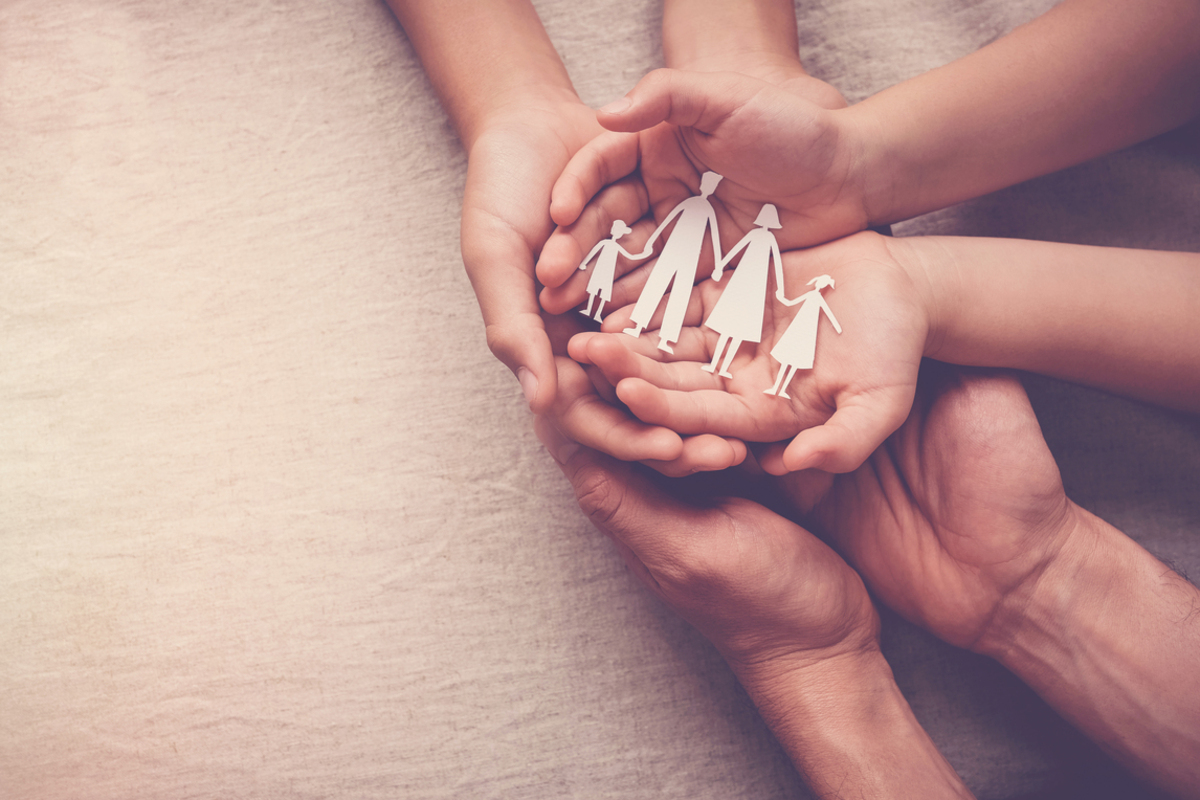Bipolar disorders like bipolar I disorder and bipolar II disorder are complex and chronic. With the right management strategy — which will include ongoing medication, talk therapy, and positive lifestyle steps — bipolar disorder doesn't have to dominate someone life, and it's possible to thrive.
In the absence of proper treatment, however, people with a bipolar disorder will be taken on wild and painful rides they have no control over.
At the "top of the rollercoaster", there's mania; a fast and scary kind of euphoria that often makes people lose touch with reality, causing them to engage in risky behaviors.
At the bottom, there's grueling depression. People in the grip of either of these two "mood episodes" are often unable to recognize the impact mania and depression have on their lives, and they may not ask for the help they'd need to stabilize their moods.

How common is bipolar disorder?
Around 2.8 percent of the US population is diagnosed with bipolar disorder — and over 80 percent of those cases are considered severe. Though there are surprising variations in the prevalence of bipolar disorder from one country to the next, international research indicates that the overall, pooled, rate of bipolar disorder is similar.
Bipolar I disorder, the diagnosis we think of when we hear the word "manic depression", is slightly more common than bipolar II disorder, characterized by less intense mood elevations and severe depression.
At what age do symptoms of bipolar disorder usually show up?
Many people who develop bipolar disorder first have symptoms in their early twenties, though research has shown that there are two big peak periods — in adolescence, between the ages of 15 and 24, and again in middle age between 45 and 54. Because it can take a long time to correctly be diagnosed with bipolar disorder, accurate information about the age of onset is still sorely lacking, however.
The genetic basis: Does bipolar disorder run in families?
Non-genetic risk factors for bipolar disorder — like substance abuse, traumatic experiences, and stress — can also originate within families, however, so even if you don't directly "inherit" a condition like bipolar disorder, it can still be said to "run within families". A combination of genetic and environmental risk factors can culminate in the development of bipolar disorder.
What might this mean for you?
- People whose identical twins have bipolar disorder have a 40 to 70 percent risk of also developing bipolar disorder, according to various studies.
- If you have a first-degree relative with bipolar disorder — that is a parent, full sibling, or a child — you seem to have a five to 10 percent risk of developing the disorder, too. This makes your risk about seven percent higher than it would be for someone who doesn't have first-degree relatives with bipolar disorder.
- It is also useful to note that people whose close relatives live with bipolar disorder also have a higher risk of developing (unipolar) depression.
What should you do if you have bipolar disorder in the family?
Having said that, there is absolutely nothing wrong with:
- Deeply familiarizing yourself with the symptoms of bipolar disorders — not just the type your close relative has, but also others. The main types of bipolar disorder are bipolar I disorder, bipolar II disorder, and cyclothymic disorder.
- Watching out for symptoms of bipolar disorder or unipolar depression in yourself, and asking people close to you to do the same. Because many people agonize over approaching loved ones in whom they notice signs of declining mental health, it can help to explicitly ask them to do just that.
- You can also take the lifestyle steps people with bipolar disorder are often recommended to take, since they absolutely won't do you any harm. They include regular exercise, which is good for everyone's physical and mental health, and prioritizing healthy sleep patterns and routines that work for you. You can also keep a mood journal (also called "life chart") to document your feelings and wellbeing. In people diagnosed with bipolar disorder, this can help catch mania and depression early. It could do the same for you, or just give you peace of mind that you're doing OK.
- If you're scared enough of developing bipolar disorder that you think about it quite often, please do consider talk therapy for yourself. Offloading your feelings and anxieties regularly and learning healthy coping skills for improved wellbeing can serve everyone — and you absolutely don't have to have a diagnosis to benefit from therapy!


Your thoughts on this